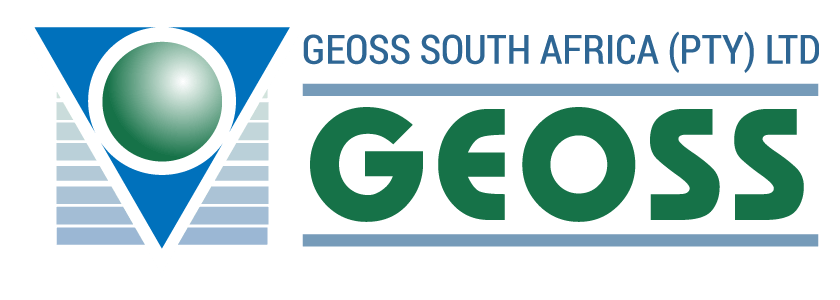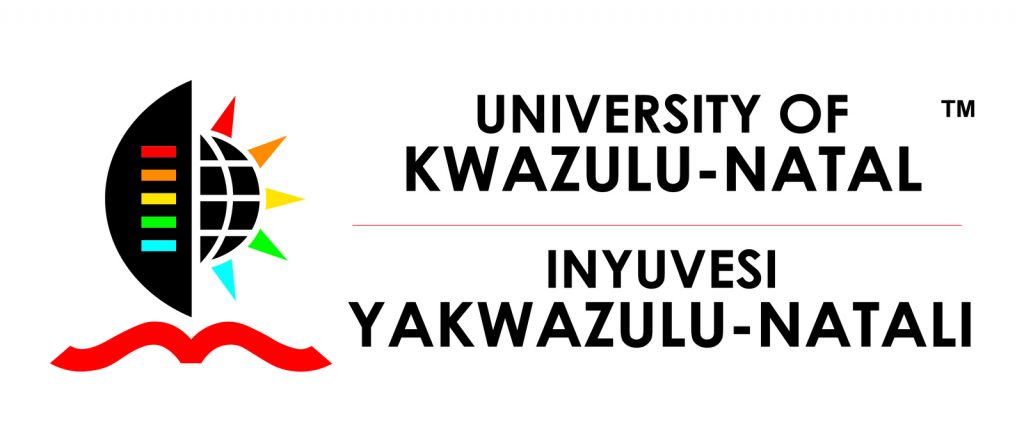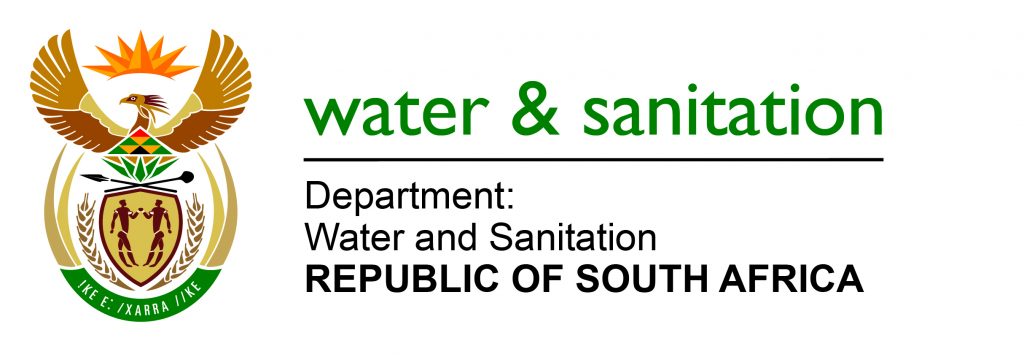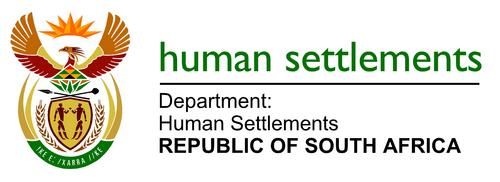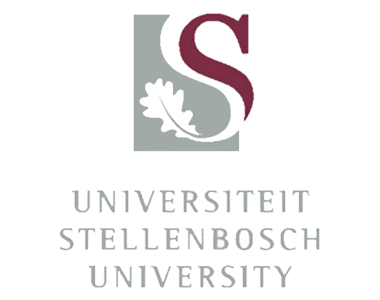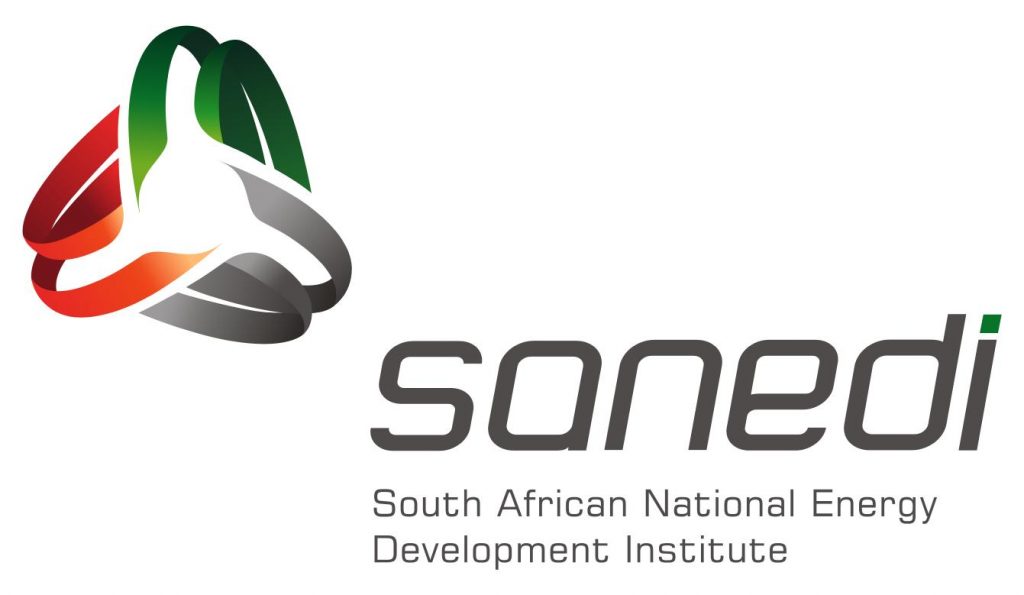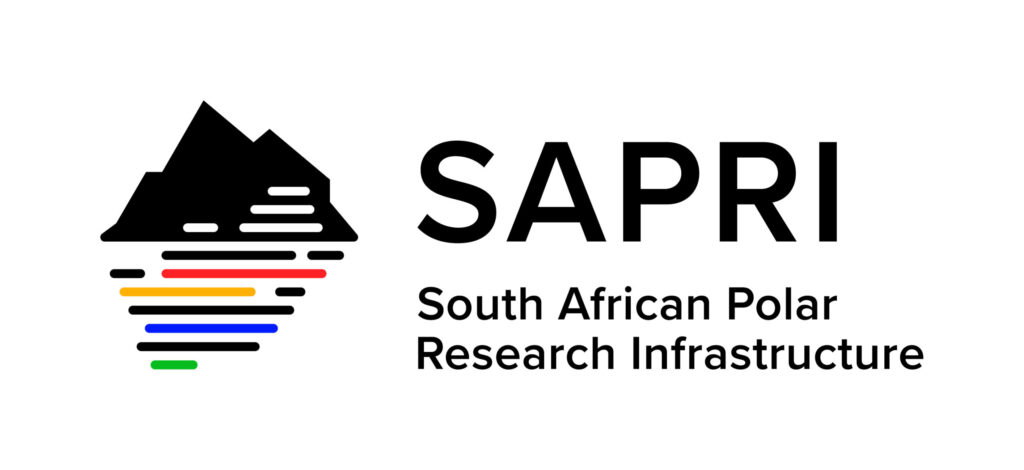SAEON’s Open Data Platform already provides access to a number of quality assured collections
MORE ABOUT THE ODP
SAEON has been active in the development of data management systems, largely funded by National Research Foundation (NRF) and the Department of Science and Technology (DST), since 2008. This effort has resulted in a collection of services, tools, and components that is referred to as the ‘Open Data Platform (ODP)’ .
The ODP is tasked with the publication, discovery, dissemination, and preservation of Earth Observation and Environmental Data in South Africa. The purpose of the ODP is to promote open science and satisfy funder requirements through the publication of data and scientific evidence.
The ODP operates on a principle of mutual benefit, and by design is capable of providing access to metadata and data or digital content across a variety of portals (providing community or theme specific access to a curated sub-collection of the ODP) and gateways (providing more general access) that exist at entry points to the ODP e-resources.
The ODP hosts or links to a variety of data sets from multiple organisations, including government departments and academic institutions. Community-specific portals can be established with the Open Data Platform as a basis, and current funded portals include the South African Risk and Vulnerability Atlas, a Department of Science and Technology funded initiative that aims to collect, curate and provide open access to the latest global change data in South Africa, and the Bioenergy Atlas, a portal providing free access to national scale Bioenergy potential, biomass availability, and feasibility scenarios.
The ODP also hosts several projects funded by the Department of Environmental Affairs (DEA), which include the Marine Information Management System (MIMS), the Climate Change Information System (CCIS), the South African Carbon Sinks Atlas, and the South African National Environmental Information Metadata System (SANEIM).
SAEON also issues Digital Object Identifiers (DOI’s) for its published datasets through DataCite, making the data available in international catalogues. All datasets with DOI’s have quality assured metadata, and can be cited in scholarly publications

